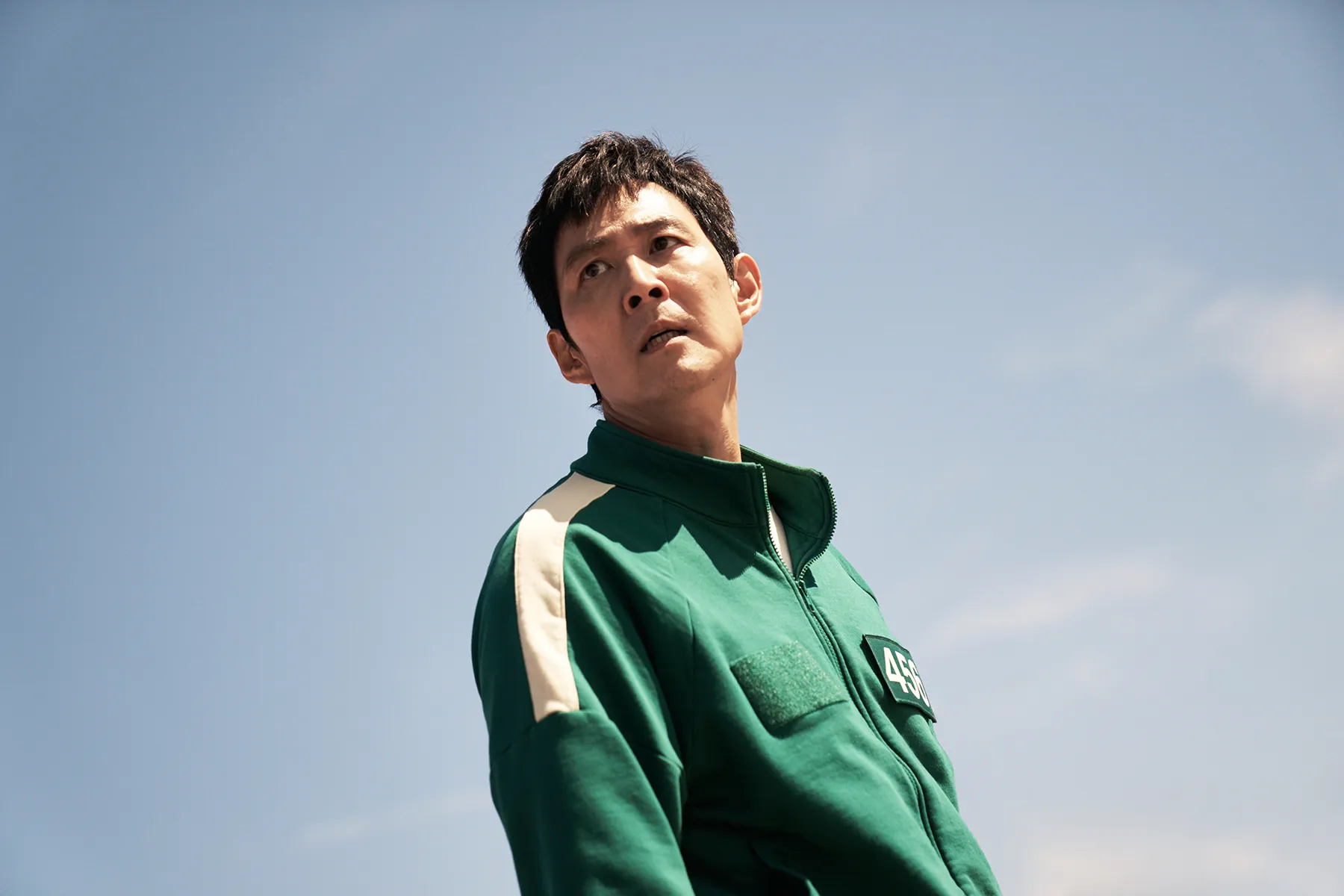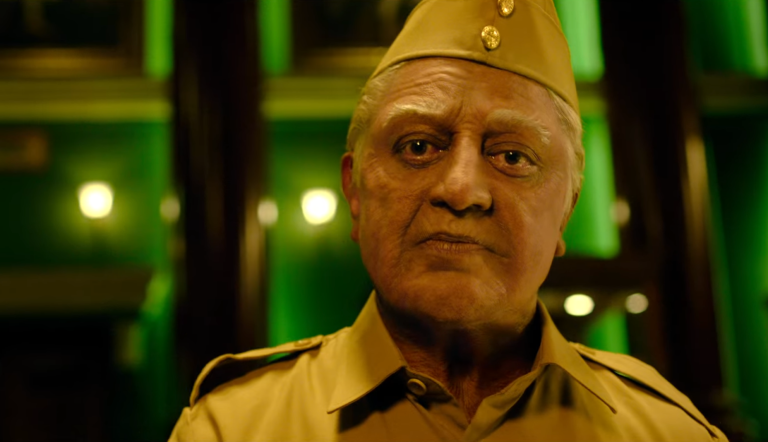Squid Game Season 2 is finally here, bringing back the thrill we’ve all been waiting for! With deadly games, emotional twists, and high-stakes drama, it promises to outdo its predecessor in every way. Let’s dive into what makes this season unforgettable. This season brings back some of the iconic games from Season 1 while introducing a batch of new challenges that are just as twisted. Here’s a breakdown of every game featured in Season 2, along with some interesting trivia and insights.
1. Ddakji (Episode 1)
This traditional South Korean game, also known as “the paper-flipping game,” makes a comeback as The Salesman’s signature recruitment tactic. Players must use their folded paper tile to flip their opponent’s tile on the ground. If they fail, The Salesman doesn’t hesitate to slap them silly.
Trivia: Did you know Ddakji dates back to the 20th century and was originally played by kids with any piece of scrap paper they could find? The game’s simplicity and portability made it wildly popular. In Squid Game, it’s not just a game but a clever metaphor for the players’ desperation and the consequences of failure.
2. Bread and Lottery (Episode 1)
A new addition to the Squid Game universe, this recruitment game is a masterclass in manipulation. The Salesman approaches financially struggling individuals and offers them a choice: a pastry or a lottery ticket. Most, blinded by hope for a big win, choose the lottery ticket only to discover it’s worthless. To drive the message home, The Salesman stomps on the untouched pastries, symbolizing how society often undervalues the sure thing in favor of the illusion of a jackpot.
Thematic Insight: This game highlights the exploitation of hope and desperation in vulnerable individuals, mirroring the broader societal critique at the heart of Squid Game. It’s a powerful metaphor for how systems are designed to keep people chasing false promises, often at great personal cost.
Key Takeaway: This game underscores the allure of gambling and how hope can blind people to practical choices. It’s a brutal commentary on societal systems that exploit the vulnerable.
3. Jokenpô (Rock Paper Scissors) (Episode 1)
A childhood classic gets a sinister twist. The Salesman pits two players against each other in “Jokenpô minus one,” where they play two hands at once but must remove one each round. It’s all about strategy—and stakes are as high as they come. Woo-seok ends up defeating his boss, Mr. Kim, who sacrifices himself in a heartbreaking act of loyalty.
Trivia: Rock Paper Scissors might seem trivial, but did you know there are world championships for it? Strategies like “throwing scissors first” are considered advanced moves—though it’s doubtful Mr. Kim and Woo-seok cared about that!
4. Russian Roulette (Episode 1)
This is where things get extremely tense. Gi-hun and The Salesman play Russian Roulette to settle their conflict. Each takes turns pulling the trigger of a revolver with one live bullet, and somehow, they make it to the last chamber before The Salesman meets his end.
Behind the Scenes: Russian Roulette is not a game in any traditional sense, but its inclusion highlights the “fate vs. choice” theme central to Squid Game.
5. Red Light, Green Light (Episode 3)
Fans of Season 1 will instantly recognize this game, which retains its chilling simplicity. Players must move when the doll says “Green Light” and freeze when it says “Red Light.” Fail to stop moving, and you’re gunned down on the spot.
Trivia: The giant doll featured in this game became a cultural icon after Season 1, even making appearances in real-life promotional events.
6. Six-Legged Pentathlon (Episodes 4-5)
This brand-new challenge is a multi-part nightmare that forces players to team up in groups of five. Their legs are tied together, making every movement a coordinated effort as they tackle five mini-games:
- Ddakji: Yes, it’s back again, but this time as a competitive group activity.
- Flying Stone: Knock over a vertical stone from a distance using another stone.
- Gong-gi (Korean Jacks): Catch pebbles in increasingly difficult rounds.
- Spinning Top: Spin a metal top successfully using a thin rope.
- Jegi: Kick a traditional toy (similar to hacky sack) five consecutive times without it touching the ground.
Team Dynamics: This game doesn’t just test players’ coordination but also highlights the critical role of teamwork. Every movement, no matter how small, needs perfect synchronization among team members. Miscommunication or lack of trust often leads to failure, showing how individual strengths mean little without collective effort.
Fun Fact: This segment draws heavily from classic Korean children’s games, making it a nostalgic but deadly sequence.
7. Mingle (Episodes 5-6)
In this psychological game, players gather on a rotating platform and must group up based on a number announced over the intercom. Those who fail to form the correct groups are eliminated.
Key Insight: This game tests players’ social skills and ability to form alliances under pressure, leading to inevitable betrayals.
8. Special Round: Lights Out (Episodes 6-7)
Not officially a “game,” this chaotic round plunges contestants into total darkness armed with forks. It becomes a savage free-for-all as players, driven by fear and desperation, turn on one another. This brutal round mirrors the breakdown of societal norms, emphasizing how primal survival instincts take over when order collapses. The chaos underscores the show’s themes of fear and survival, highlighting how darkness strips away humanity’s veneer, leaving only raw, animalistic instincts.
Cultural Note: This round taps into the primal fear of darkness and the breakdown of societal rules when survival is on the line.
Also, Read – Squid Game (Season 2) Recap & Ending Explained
What Makes These Games So Compelling?
Squid Game’s genius lies in its transformation of seemingly innocent children’s games into brutal life-or-death scenarios, forcing players to confront both their physical limits and their moral boundaries. Each game reflects societal struggles—whether it’s the lure of gambling, the importance of teamwork, or the human tendency to betray under pressure. The addition of new games in Season 2 ensures that the series remains fresh while staying true to its core themes.
Final Thoughts
Squid Game Season 2 doesn’t just rehash old ideas; it builds on them, delivering a thrilling mix of nostalgia and innovation. Whether it’s the tense moments of Russian Roulette or the chaos of Lights Out, each game leaves viewers questioning what they would do in the contestants’ shoes. So, which game gave you chills? Let’s discuss!
Source: Screen Rant







![Watching the unseen in Flesh [1968] and Trash [1970]](https://79468c92.delivery.rocketcdn.me/wp-content/uploads/2016/10/flesh1-1.jpg)